
Sharia-compliant ETFs are designed to meet the ethical and financial principles of Islamic law (Sharia), making them suitable for Muslim investors. These ETFs follow specific guidelines, such as avoiding investments in businesses related to alcohol, gambling, pork, and interest-based financial services. Instead, they focus on sectors and companies that align with Islamic principles.

When you’re just starting out as an investor, the world of stocks, bonds, and mutual funds can feel overwhelming. For many new investors, the idea of picking individual stocks or constantly monitoring the market seems daunting. This is where Exchange-Traded Funds (ETFs) come in—a simple, effective way to invest in a wide range of assets without the complexity.

When people think of making money in the stock market, they often imagine two things: quick, high returns and big risks. This thinking confuses two very different approaches to building wealth: investing and speculation. While both can be profitable, they carry distinct risks, goals, and strategies. Understanding these differences is key to making smart financial decisions, especially for people looking to grow their money steadily and securely over time.

The Surge in the AI Sector: Why NVIDIA is Leading the Charge In recent years, the technology sector has witnessed tremendous growth, with one particular area standing out as a game-changer: Artificial Intelligence (AI). AI, once a futuristic concept, is now a driving force behind innovations across industries. From self-driving cars and healthcare diagnostics to smart home devices and financial algorithms, AI is transforming how we live and work. The recent surge in AI development has sparked excitement among investors, and one company has emerged as a leader in this space: NVIDIA. In this article, we’ll explore why the AI sector is booming, NVIDIA’s critical role in this growth, and what it means for investors and the future of technology. Why AI is Experiencing a Boom AI’s rapid rise can be attributed to several factors converging at the right time: 1. Increased Computing Power: AI requires vast computational resources to process data, run algorithms, and learn from patterns. Advances in hardware, especially GPUs (Graphics Processing Units), have made it possible to handle the immense processing needs of AI systems. As these technologies evolve, they allow AI models to become more sophisticated and effective. 2. Big Data Availability: AI systems thrive on data. With the explosion of data from smartphones, social media, cloud computing, and the Internet of Things (IoT), there’s more information than ever for AI algorithms to analyze and learn from. This data drives improvements in everything from recommendation engines to predictive analytics. 3. Enterprise and Consumer Demand: Companies across all sectors are seeking ways to leverage AI to improve efficiency, enhance customer experiences, and innovate in their products. AI’s ability to automate processes, make sense of large datasets, and provide insights is creating demand in industries like healthcare, finance, manufacturing, and beyond. 4. Breakthroughs in Machine Learning: Advances in machine learning (ML) and deep learning—subfields of AI—are allowing machines to perform tasks that once seemed impossible, like understanding human speech, recognizing images, and even generating creative content. These breakthroughs are pushing the boundaries of what AI can achieve. Why NVIDIA is Leading the AI Revolution As AI grows, NVIDIA has positioned itself as a dominant force in this rapidly expanding sector. Originally known for its role in the gaming industry, NVIDIA’s Graphics Processing Units (GPUs) have become the backbone of AI computing. But why has NVIDIA emerged as such a key player? 1. GPUs are Essential for AI: While traditional processors (CPUs) handle general computing tasks, GPUs are designed for parallel processing—meaning they can handle multiple tasks simultaneously. This capability is critical for AI and machine learning, where vast amounts of data need to be processed at once. NVIDIA’s GPUs are considered the gold standard in AI research and development, powering everything from self-driving cars to natural language processing models. 2. NVIDIA’s CUDA Platform: Beyond hardware, NVIDIA’s CUDA (Compute Unified Device Architecture) platform has become a vital tool for developers and researchers working on AI and machine learning. CUDA enables software to leverage the full power of NVIDIA’s GPUs, making it easier for developers to build and scale AI applications. This integration of hardware and software has helped NVIDIA carve out a unique and dominant position in the AI ecosystem. 3. Data Center Expansion: While NVIDIA started in the gaming space, the company has rapidly expanded into data centers, which are critical for AI processing. NVIDIA’s A100 and H100 GPUs are now widely used in data centers around the world, powering AI applications for major tech companies and research institutions. These high-performance GPUs are designed to handle AI workloads with efficiency, making NVIDIA the go-to provider for AI infrastructure. 4. Partnerships and Acquisitions: NVIDIA has strategically invested in AI-related partnerships and acquisitions. Its acquisition of Mellanox Technologies (for data center connectivity) and Arm Holdings (for chip design) has expanded its influence in the AI hardware space. By creating an ecosystem that supports AI development from chip design to cloud infrastructure, NVIDIA has secured its place as a key player in the AI surge. What’s Driving NVIDIA’s Recent Surge? NVIDIA’s recent stock surge is directly tied to the explosion of interest in AI. Several key developments have contributed to this rise: - AI Adoption Across Industries: NVIDIA’s GPUs are essential for AI, and as companies in healthcare, finance, automotive, and other sectors integrate AI into their operations, NVIDIA’s hardware is in high demand. The company’s products power the AI systems used in self-driving cars, predictive analytics, and personalized recommendation engines, to name a few. - The AI Arms Race: With AI becoming a competitive advantage, businesses are investing heavily in AI infrastructure to stay ahead. Tech giants like Google, Amazon, and Microsoft are pouring billions into AI research and development, and they rely on NVIDIA’s GPUs to build their AI systems. This “AI arms race” is fueling growth in the demand for NVIDIA’s products. - ChatGPT and Generative AI: The emergence of Generative AI technologies, like OpenAI’s ChatGPT, has driven further interest in AI. These AI models require massive computational resources to operate, and NVIDIA’s GPUs are the industry standard for training and running these large-scale models. As AI continues to advance, NVIDIA’s role in powering these systems solidifies its dominance. - Strong Financial Performance: NVIDIA’s impressive earnings reports have validated its growth story. The company has posted record revenue, driven by AI-related demand, and continues to show strong financial results in key sectors like data centers and gaming. Investors see NVIDIA as a leader in AI, and its stock performance reflects this confidence. What Does the Future Hold for AI and NVIDIA? The surge in AI is not a short-lived trend. AI is expected to continue transforming industries, and NVIDIA’s position as a leader in the field means it will likely benefit from this growth for years to come. - Expanding AI Use Cases: AI will continue to find new applications in areas like healthcare, robotics, and autonomous vehicles. NVIDIA is well-positioned to provide the hardware and software solutions necessary for these innovations. - Growth in AI Cloud Services: As more companies shift to cloud-based AI solutions, NVIDIA’s products will be essential in powering these services. Partnerships with cloud providers like Amazon AWS, Google Cloud, and Microsoft Azure further solidify NVIDIA’s influence in this space. - Innovations in AI Hardware: As AI models become more advanced, the demand for cutting-edge hardware will grow. NVIDIA’s continued investment in R&D ensures it remains at the forefront of AI technology, driving innovation in GPUs and other AI infrastructure. Conclusion The surge in the AI sector is one of the most exciting developments in the technology world, and NVIDIA is at the center of this transformation. With its powerful GPUs, software platforms, and strategic investments, NVIDIA has become the go-to company for AI computing. As AI continues to reshape industries and drive innovation, NVIDIA is positioned to be a key player in the future of technology, making it a stock to watch for investors and a company leading the charge in AI’s next frontier.

One of the key advantages of Exchange-Traded Funds (ETFs) is their tax efficiency, which can help investors keep more of their returns. Here's why ETFs are more tax-efficient compared to other investment vehicles like mutual funds

ETFs offer a simple and cost-effective way to gain exposure to global markets, allowing you to invest in companies and economies worldwide with just a few trades. Here's how: Broad Global ETFs: ETFs like VT (Vanguard Total World Stock ETF) provide exposure to thousands of companies across both developed and emerging markets, giving you instant diversification without needing to pick individual stocks from multiple countries. Regional and Country-Specific ETFs: If you want more targeted exposure, there are ETFs that focus on specific regions or countries. For example, EFA (iShares MSCI EAFE ETF) focuses on developed markets outside North America, while FXI (iShares China Large-Cap ETF) gives access to leading Chinese companies. Emerging Market ETFs: For those looking to invest in fast-growing economies, ETFs like VWO (Vanguard FTSE Emerging Markets ETF) provide exposure to countries such as China, India, and Brazil, where rapid economic development offers significant growth potential.

The S&P 500 Index ($SPX ) (SPY ) today is up +0.16%, the Dow Jones Industrials Index ($DOWI ) (DIA ) is down -0.09%, and the Nasdaq 100 Index ($IUXX ) (QQQ ) is up +0.34%. September E-mini S&P futures (ESU25 ) are up +0.10%, and September E-mini Nasdaq futures...

The S&P 500 Index ($SPX ) (SPY ) today is up +0.25%, the Dow Jones Industrials Index ($DOWI ) (DIA ) is down -0.09%, and the Nasdaq 100 Index ($IUXX ) (QQQ ) is up +0.58%. September E-mini S&P futures (ESU25 ) are up +0.21%, and September E-mini Nasdaq futures...

BALT hits a 52-week high as investors seek defined downside buffers amid rising geopolitical tensions.

The broad market exchange-traded fund SPDR S&P 500 ETF Trust (SPY) was up 0.2% and the actively trad

Discover why Google stock is a strong buy as it trades at a discount, boasts diversified revenues, and benefits from AI growth and market resilience.

FDD and EFAS surged over 30% in H1 2025 as investors turned to global dividend ETFs amid U.S. market volatility.

US stock market performance is on track to downshift over the next decade vs. the past 10 years. The S&P 500 is projected to earn an annualized 5%-plus in the decade ahead. Read more here...

Momentum wasn’t only the best-performing domestic market factor in 2024, but also in non-U.S. developed markets and emerging markets.

Cooler heads prevailed in the Middle East this week, which has put new highs back in play! The MoneyShow Charts of the Day shows weâre only a whisker away from new S&P 500 Index (SPX) highs.

The S&P 500 is 1% of its all-time high.

Explore market insights for 2024-2025: rising commodities, potential recession risks, and balanced strategies with large-cap stocks and cyclical assets. See more.

Tech stocks reached new record highs, and the S&P 500 is currently about -1% below all-time highs.

The S&P 500 Index ($SPX ) (SPY ) Tuesday closed up +1.11%, the Dow Jones Industrials Index ($DOWI ) (DIA ) closed up +1.19%, and the Nasdaq 100 Index ($IUXX ) (QQQ ) closed up +1.53%. September E-mini S&P futures (ESU25 ) are up +1.11%, and September E-mini Nasdaq futures...

Trump said Israel has agreed a US-brokered ceasefire with Iran, boosting hopes for a more permanent end to their conflict.

The tech-heavy Nasdaq again leads the way in today's pre-market, up +213 points, +0.97%.

Today, the market's best tactic is to scare us from the coming rebound. Investors nearly always doubt new bull markets, often for years after they begin.

Despite U.S. strikes on Iran, markets remain calm as investors eye S&P 500 ETFs like VOO, SPY and IVV for stability.

The S&P 500 Index ($SPX ) (SPY ) today is up +0.81%, the Dow Jones Industrials Index ($DOWI ) (DIA ) is up +0.79%, and the Nasdaq 100 Index ($IUXX ) (QQQ ) is up +1.15%. September E-mini S&P futures (ESU25 ) are up +0.84%, and September E-mini Nasdaq futures...

Discover PAPI, a covered call ETF offering a 7.5% yield with monthly payouts.

The S&P 500 Index ($SPX ) (SPY ) today is up +0.85%, the Dow Jones Industrials Index ($DOWI ) (DIA ) is up +0.89%, and the Nasdaq 100 Index ($IUXX ) (QQQ ) is up +1.10%. September E-mini S&P futures (ESU25 ) are up +0.80%, and September E-mini Nasdaq futures...
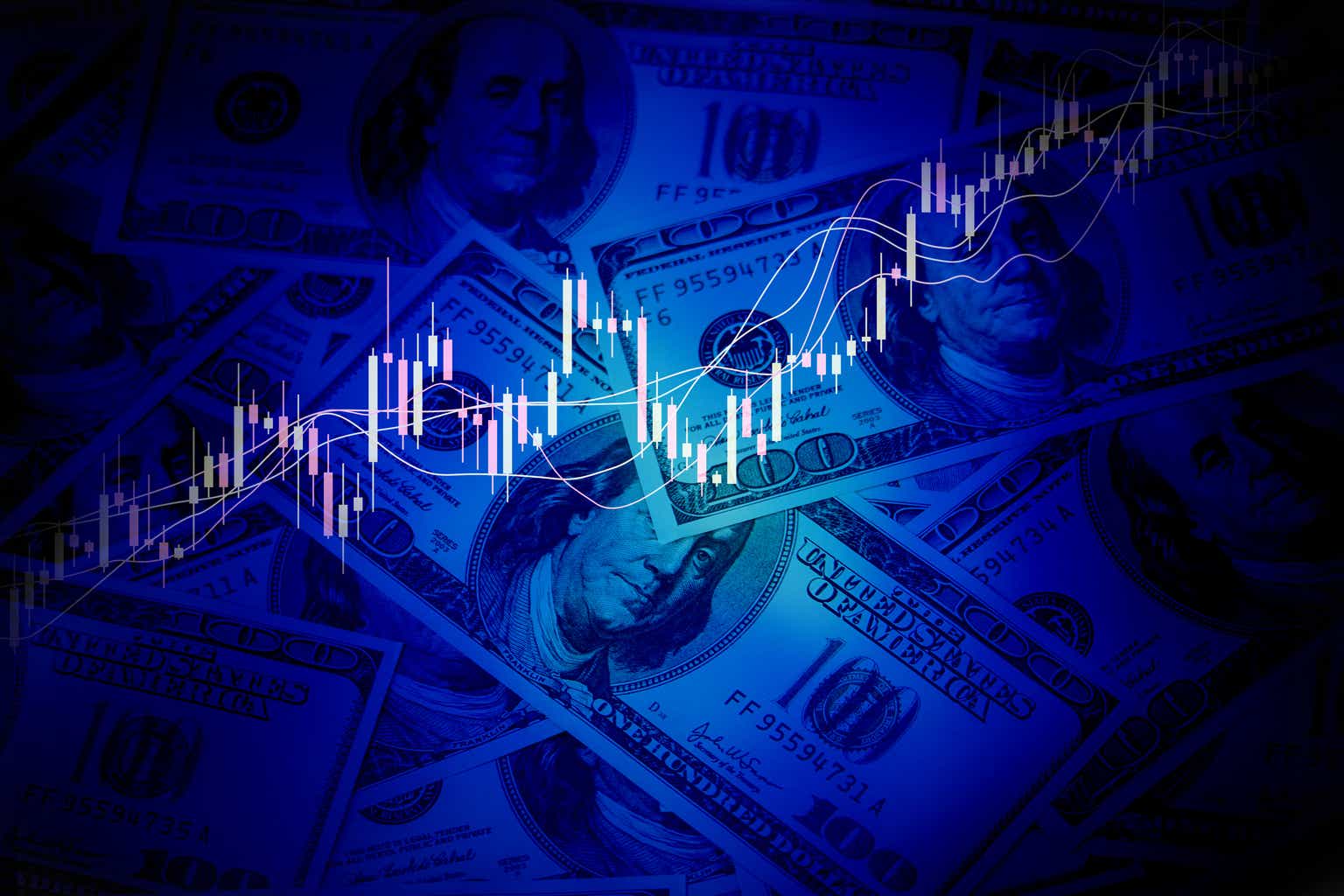
S&P 500 nears record highs but faces challenges in 2025 with sideways trends, high valuations, and international markets outperforming.

While the debt downgrades are a significant event, they do not necessarily signal protracted economic downturns.

If Iran attempts to block oil shipments in the Strait of Hormuz, prices could surge past $100/barrel. That could trigger inflation and undermine chances of getting rate cuts from the US Fed.

The broad market exchange-traded fund SPDR S&P 500 ETF Trust (SPY) was up 0.1% and the actively trad

Tech Cache's Joe Albano is thinking about today's market and what the next pullback looks like. 4 assets in focus and why valuation is not enough to get an edge.

ERH offers a blend of high income and inflation protection by allocating 70% to utility equities and 30% to junk bonds. Read more on ERH CEF here.

Calls for peace in the region from President Trump look to have been taken to heart -- if not by the mullahs in charge of Iran, then by traders in today's stock indexes.

The S&P 500 Index ($SPX ) (SPY ) Monday closed up +0.96%, the Dow Jones Industrials Index ($DOWI ) (DIA ) closed up +0.89%, and the Nasdaq 100 Index ($IUXX ) (QQQ ) closed up +1.06%. September E-mini S&P futures (ESU25 ) are up +0.96%, and September E-mini Nasdaq futures...

IGV offers exposure to high-growth US large-cap software names, with a premium P/E but robust historical and forward earnings growth. Read more on IGV here.

Investors are assessing how far Iran will go in its response to the US entering the Israel-Iran conflict.

Invest in stability with Neuberger Berman Energy Infrastructure and Income Fund Incâoffering resilient energy infrastructure exposure. Click for my NML update.

Wall Street strategists believe a big spike in oil prices could be the next major catalyst for equities if tensions continue to escalate in the Middle East.

The S&P 500 Index ($SPX ) (SPY ) today is up +0.43%, the Dow Jones Industrials Index ($DOWI ) (DIA ) is up +0.20%, and the Nasdaq 100 Index ($IUXX ) (QQQ ) is up +0.60%. September E-mini S&P futures (ESU25 ) are up +0.50%, and September E-mini Nasdaq futures...

Markets are meandering after initial, larger moves Sunday evening. Crude oil is up just a bit along with gold, while equities are slightly lower. The dollar and Treasuries are up.

The S&P 500 Index ($SPX ) (SPY ) today is up +0.14%, the Dow Jones Industrials Index ($DOWI ) (DIA ) is up +0.05%, and the Nasdaq 100 Index ($IUXX ) (QQQ ) is up +0.03%. September E-mini S&P futures (ESU25 ) are up +0.20%, and September E-mini Nasdaq futures...

Discover how AI adoption is transforming REITs, boosting efficiency, cutting costs, and enhancing FFO. Explore key sectors & top picks to watch. Click for more.

Changing geopolitical dynamics and rapid innovation in AI are transforming defense investment. Click to read.

Pre-market futures are mostly flat to start a new trading week, already off early morning lows.

The broad market exchange-traded fund SPDR S&P 500 ETF Trust (SPY) was down 0.2% and the actively tr
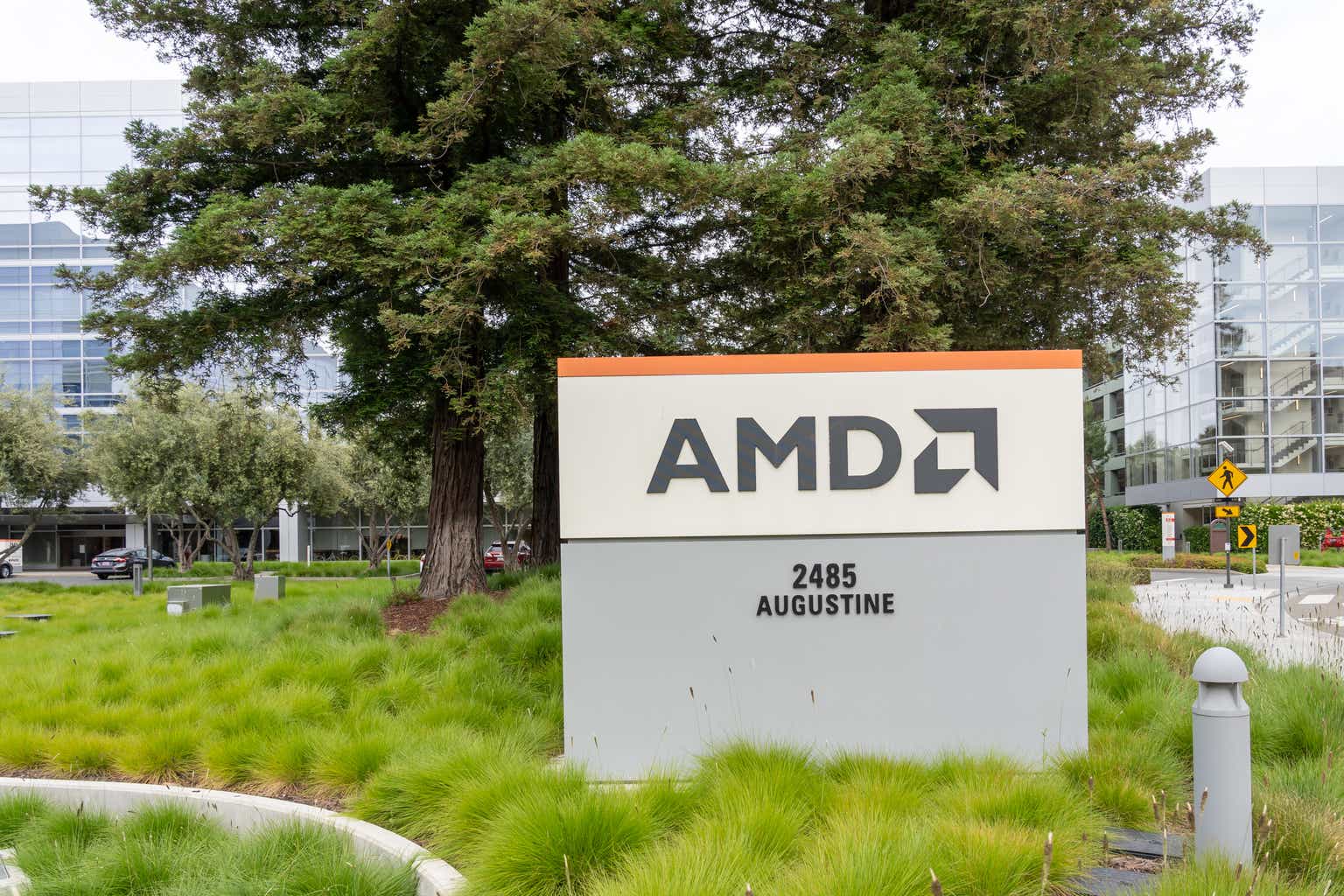
Discover how AMD's latest AI innovations, including Instinct MI400, position it against Nvidia amid macroeconomic risks. Explore the bullish and bearish implications.
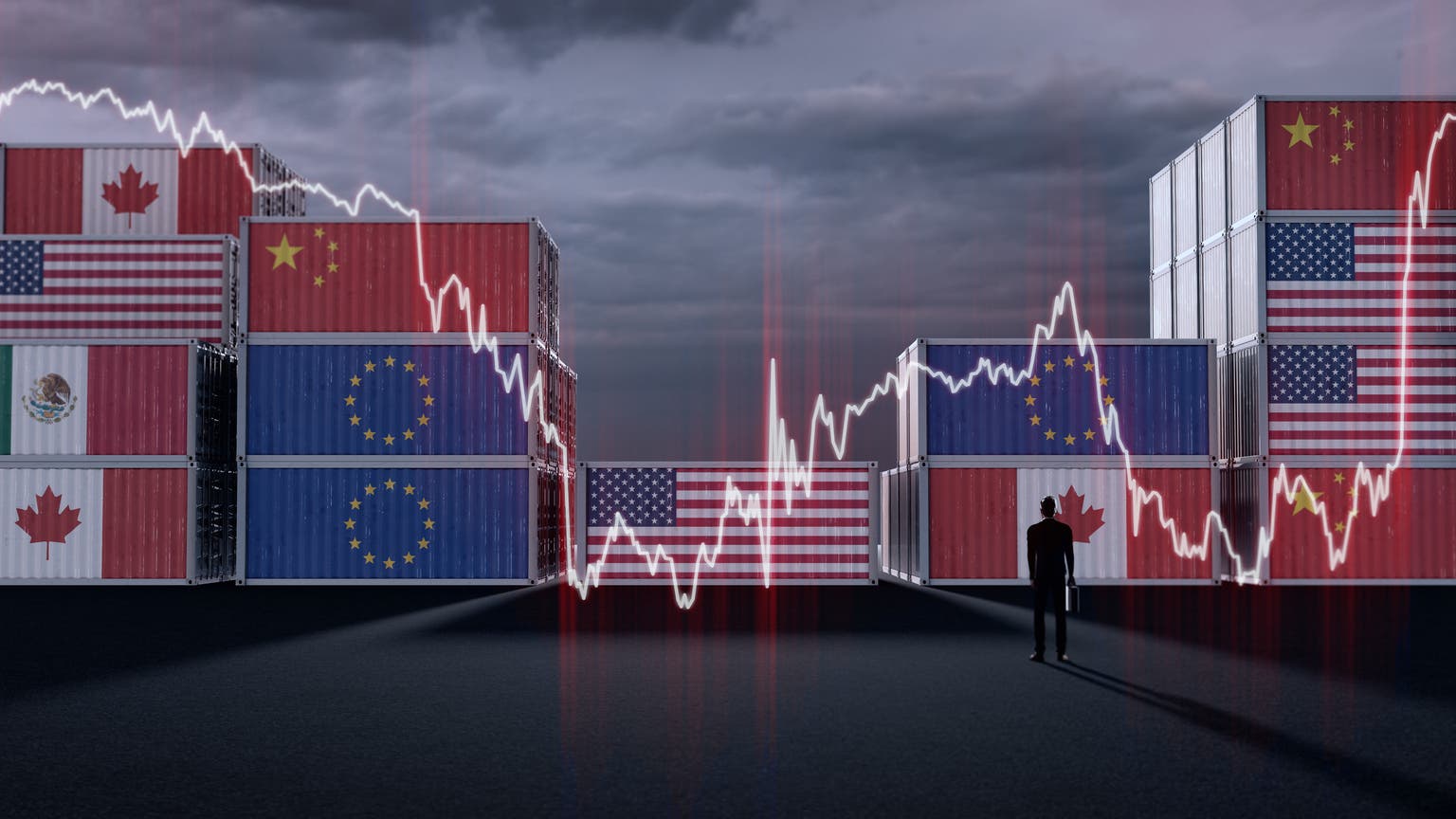
Markets are showing surprising complacency despite heightened geopolitical risks, stretched valuations, and weakening economic data, increasing the probability of a near-term pullback.
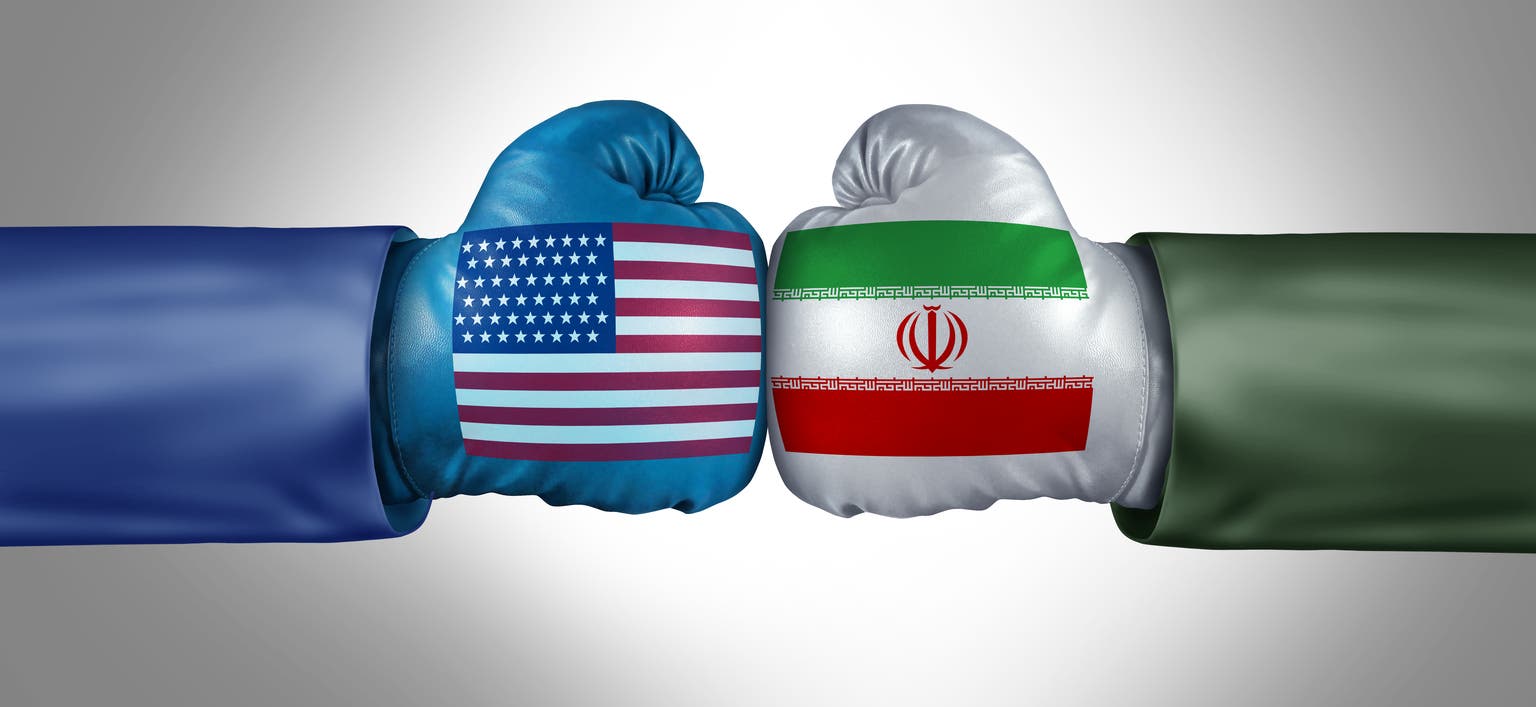
U.S. airstrikes on Iranian nuclear facilities mark a major geopolitical event. Read why markets have shown only a modest, short-term risk-off reaction.

Explore why BDCs & REITs face heightened risks despite attractive yields. Learn about 2 potential yield traps & the risks of dividend cuts.

The S&P 500 overlooks US-Iran conflict risks that may trigger oil shocks, stagflation, and rate cut delays. Read why now is the time to hedge, not buy more.

The S&P 500 index dropped just 0.15% from its previous weekâs close to exit the trading week ending on Friday, 20 June 2025 at 5,967.84.

Markets were able to recover from most conflicts in the past in a reasonable amount of time, then reach new highs. The average gain 2 years after the start of geopolitical crises was 14%.

BTAL ETF hedges against S&P 500 with a market-neutral strategy. Learn how it balances low-beta and high-beta stocks for stronger risk management.

With the 10-year yield trending lower, bonds provide ballast to portfolios and benefit from safe-haven flows. Click to read.
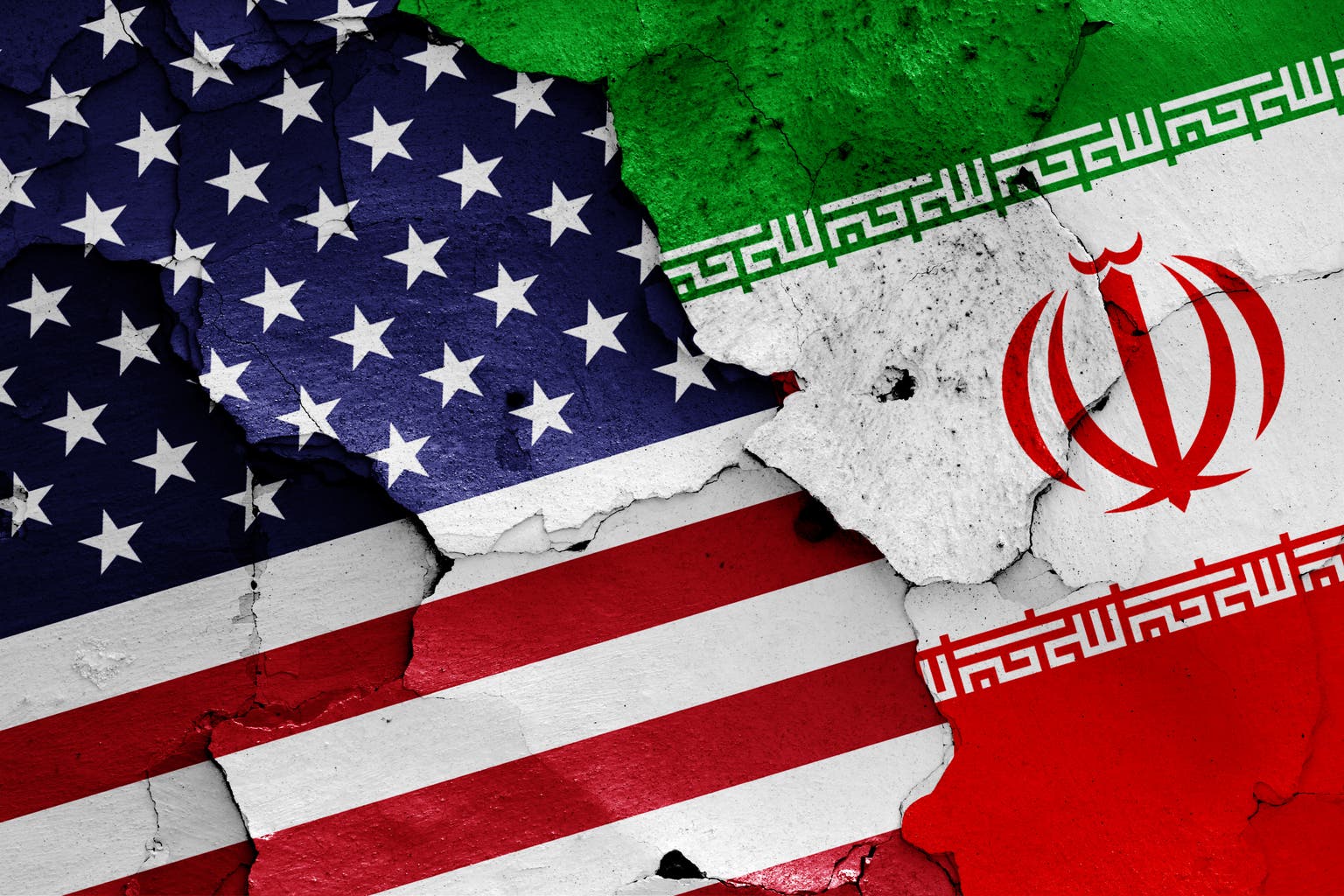
While the broader impact of the US strikes on Iranâs nuclear facilities remains uncertain, markets have so far responded with caution.

Stocks were down last week, but diversified investors benefitted from a rise in commodity prices and a small gain in bonds.

USA offers a 10% yield and tax-efficient payouts but lags in growth and trades at a discount amid underperformance. Read why USA CEF is downgraded to Hold.

Despite geopolitical tensions and tariff risks, I expect stocks to reach new highs this summer. Read why I'm focusing on technology and growth stocks.

Conflict is igniting in the Middle East once again. Geopolitical events like wars, debt downgrades, tariffs, or rate shocks are never fun because uncertainty is unsettling.

Investors will be watching closely for any updates on US involvement in the Iran-Israel conflict. The release of the Fed's preferred inflation gauge, core PCE, will also be in focus.

Trump pressures Fed Chair Powell amid talk of leadership changes, with Waller emerging as a top contender. See why heâs viewed as a likely shadow chair to watch.

The market continued to trade in a back-and-forth pattern this week as it consolidated recent gains. Read more here.

Investing in the S&P 500 is banking on the growth of the U.S. economy over time. The Vanguard S&P 500 ETF has an expense ratio that is three times lower than that of the SPDR S&P 500 ETF Trust. When exchange-traded funds (ETFs) were created, it was a game-changer for investing because it allowed people to create diversified portfolios with one to a few investments.

The S&P 500 posted its second straight weekly loss, finishing down 0.2% from the previous Friday.

The S&P 500 Index ($SPX ) (SPY ) Friday closed down -0.22%, the Dow Jones Industrials Index ($DOWI ) (DIA ) closed up +0.08%, and the Nasdaq 100 Index ($IUXX ) (QQQ ) closed down -0.43%. September E-mini S&P futures (ESU25 ) are down -0.21%, and September E-mini Nasdaq futures...

Traders are weighing the possibility of direct US military involvement in the Israel-Iran war, now in its second week.

RDVY is a top choice for dividend growth investors. With strong criteria & tech exposure, it excels in returns. Click here to read my RDVY analysis.

The S&P 500 Index ($SPX ) (SPY ) today is down -0.26%, the Dow Jones Industrials Index ($DOWI ) (DIA ) is up +0.09%, and the Nasdaq 100 Index ($IUXX ) (QQQ ) is down -0.59%. September E-mini S&P futures (ESU25 ) are down -0.16%, and September E-mini Nasdaq futures...

Stocks are rallying from overnight lows, though still largely marking time amid ongoing Middle East concerns. Gold and silver are pulling back, while crude oil has given back some recent gains. Treasuries and the dollar are modestly lower.

The S&P 500 Index ($SPX ) (SPY ) today is up +0.59%, the Dow Jones Industrials Index ($DOWI ) (DIA ) is up +0.53%, and the Nasdaq 100 Index ($IUXX ) (QQQ ) is up +0.82%. September E-mini S&P futures (ESU25 ) are up +0.52%, and September E-mini Nasdaq futures...

The broad market exchange-traded fund, SPDR S&P 500 ETF Trust (SPY), was up 0.2% and the actively tr

- Man Group files for two active fixed-income ETFs focused on high-yield and multi-sector debt. - The launch marks the world's largest publicly traded hedge fund's entry into the ETF space. - Filings reveal complex strategies including derivatives, emerging markets and illiquid credit.

The Monetary Policy Committee of the Bank of England, at its meeting ending on June 18, voted by a majority of 6-3 to maintain Bank Rate at 4.25%. Three members preferred to reduce Bank Rate by 0.25 percentage points, to 4%. “There has been substantial disinflation over the past two years, as previous external shocks have receded, and as the restrictive stance of monetary policy has curbed second-round effects and stabilised longer-term inflation expectations. This has allowed the MPC to withdra

Defense ETFs like SHLD and EUAD are soaring in 2025 as global military spending hits a Cold War-era record high.
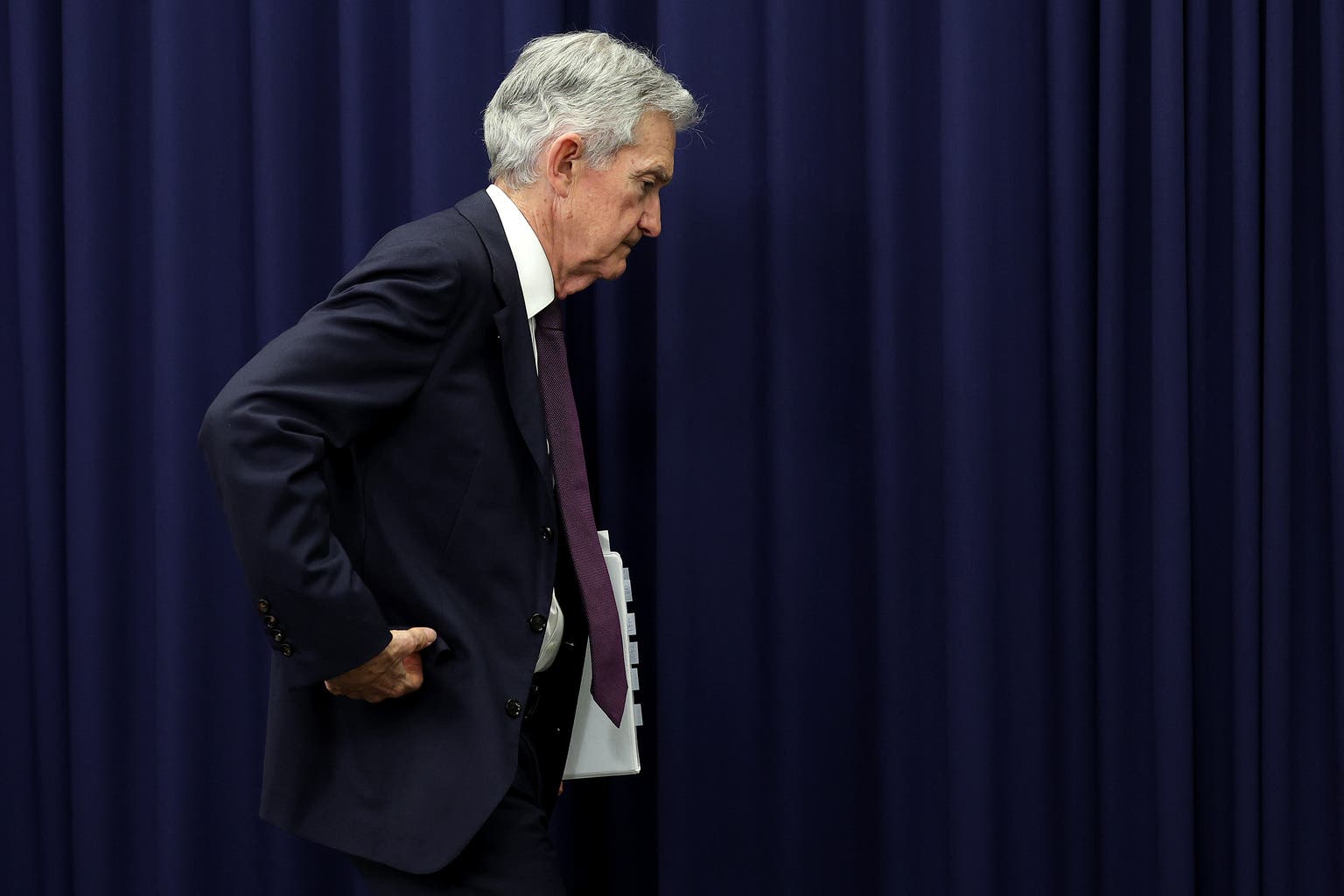
The Fedâs dot plot signals stagflation risks, rising unemployment, and policy shifts favoring jobs over inflation. Learn why Fed uncertainty is set to grow.

The AAII bearish sentiment indicator just plummeted to less than 34%. So, even if headlines out of the Middle East get less ominous in the coming days, markets may struggle to get much done.

At its June meeting, the Federal Open Market Committee decided to keep its benchmark policy rate unchanged at 4.25%-4.50% as expected.

Are the headlines about Middle East energy chaos completely wrong? And how does the Iran vs. Israel conflict impact gold?

Sungarden Investors Club' Rob Isbitts shares why all investing starts with proper risk management.

- For the first time ever, there are more active ETFs than passive ones. - Still, investors have continued to plow cash into passive ETFs.

US economic growth slows as inflation accelerates, raising recession risks.
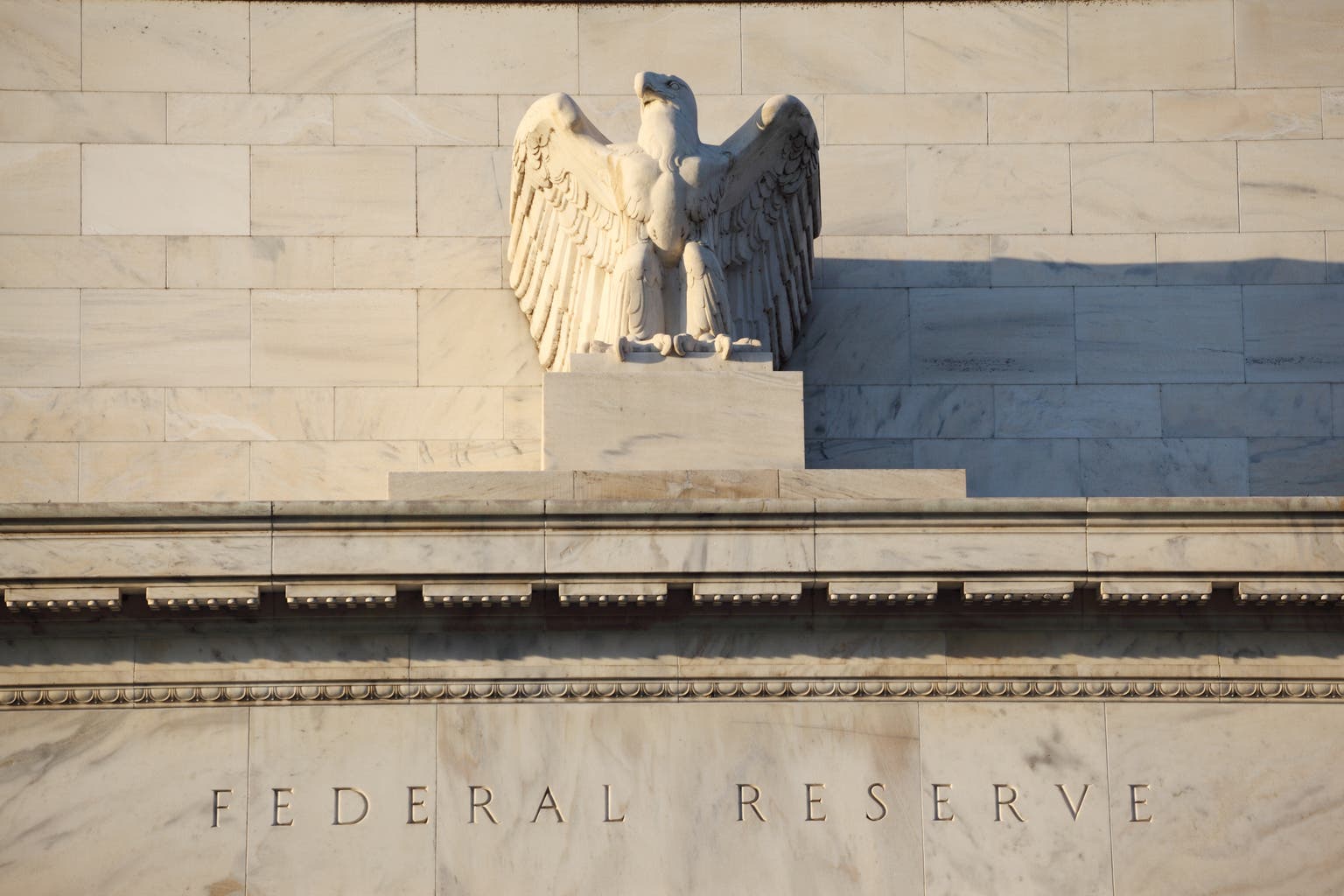
The Fed's latest statement tones down concerns about the economy. Explore the Fed's latest stance on growth and inflation, and why rate hikes are unlikely.

JPMorgan Equity Premium Income ETF offers lower volatility and high monthly income for income-focused investors. See an analysis of on JEPI's current potential.

Despite holding rates steady for a fourth consecutive meeting, the Fed has already implemented significant easing, with the Fed Funds Rate now 100 basis points below last yearâs peak.

Elevated interest rates relative to the post-GFC years add to the challenge of servicing high debt levels. Read more here.

The Bank of England is not likely to change rates this time, but recent data does confirm our view that markets should be more convinced of an August cut.

We expect the Fed will resume gradual interest rate cuts later this year, depending on U.S. labor market trends.

The Fed did not cut rates, as expected they wouldn't, and Fed Chair Powell said he saw +0.6% higher inflation expectations from the last time the Fed cut.

The Federal Reserve concluded its fourth meeting of the year by keeping the federal funds rate (FFR) at 4.25-4.50%, as expected.

Discover how geopolitical turmoil impacts markets, uncover a potential black swan event, and explore expert insights on current market trends. Click for more.

The Fed holds rates steady, hints at cuts by 2025. Click to explore market impacts, investment strategies, and key risks as inflation and geopolitics shape policy.
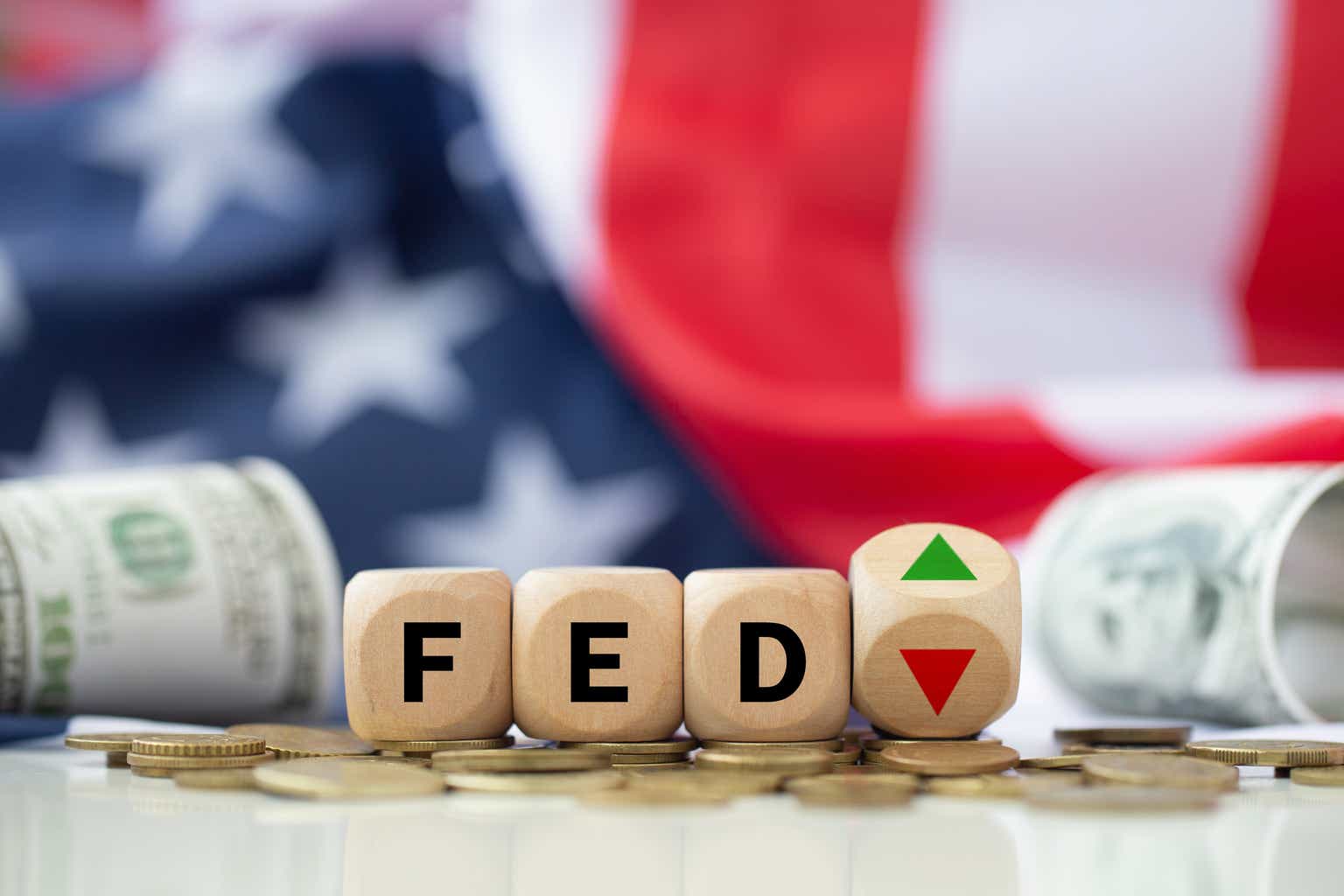
While the policy interest rate was left unchanged, Fed officials are still suggesting rate cuts are likely this year. Click to read.

Discover how bearish sentiment and emotional factors drive market rallies. Learn about the current rally's advance and its potential next wave.

The broad market exchange-traded fund SPDR S&P 500 ETF Trust (SPY) was up 0.2% and the actively trad

- State Street’s No. 1 position is being threatened, Bloomberg Intelligence reports. - Trading in BlackRock’s IBIT and IVV is surging, pushing volume higher. - State Street’s SPY this year lost its position as world’s biggest ETF.

The outlook for the S&P 500's dividends in upcoming quarters is little changed since our previous snapshot of the future for the index's cash payouts a month ago.

Shrinking global populations threatens long-term consumption growth, posing risks to markets. Read more on how tech companies in QQQ are better poised for growth.
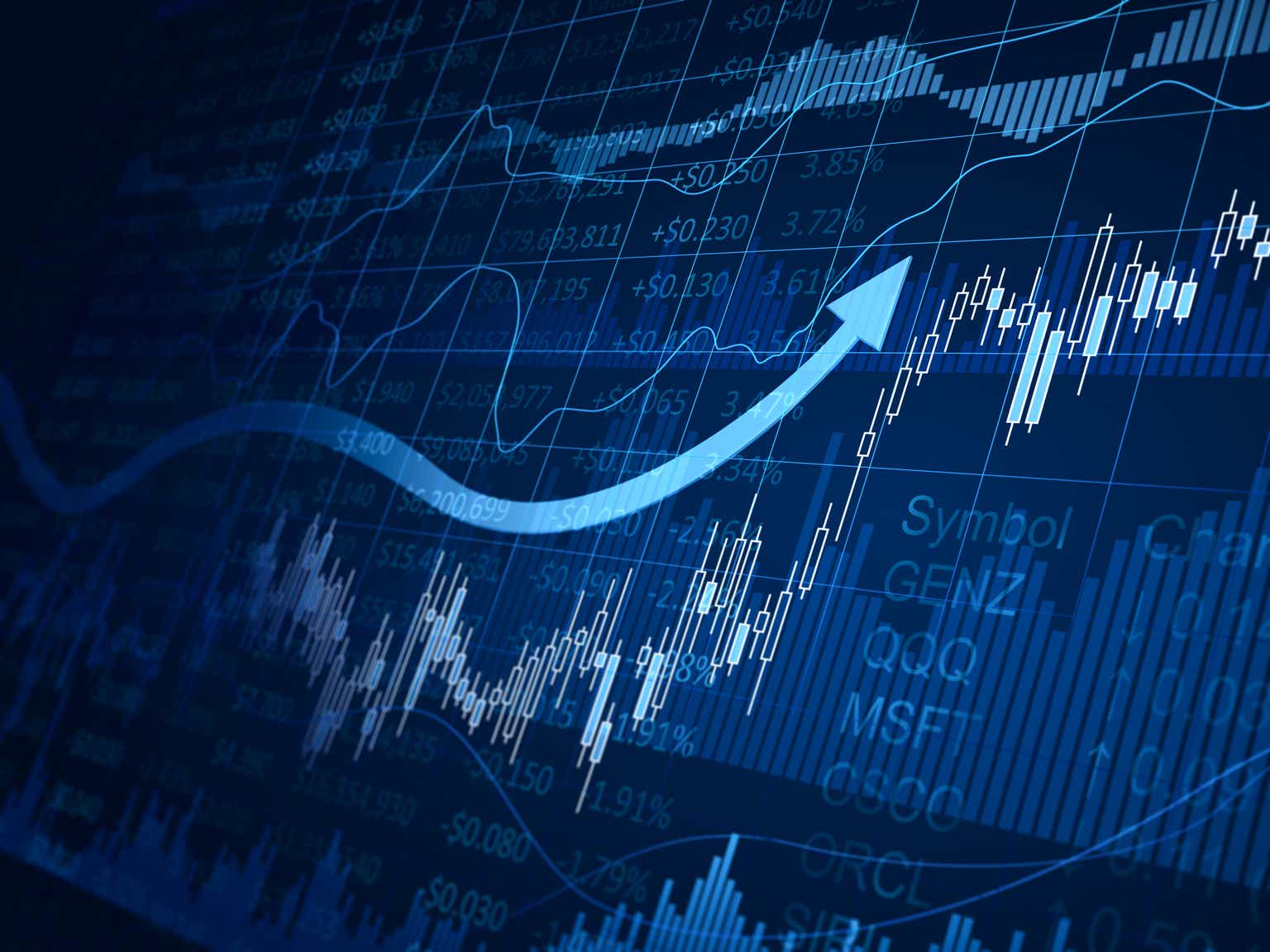
Sure, aerospace and defense stocks are strong now. The catalyst â more fighting in the Middle East â is on the news 24/7.But itâs not a one-week, one-month,...

Concerns about the US economy persist, but if thereâs a slowdown brewing, itâs unlikely to show up in the second quarter GDP report.
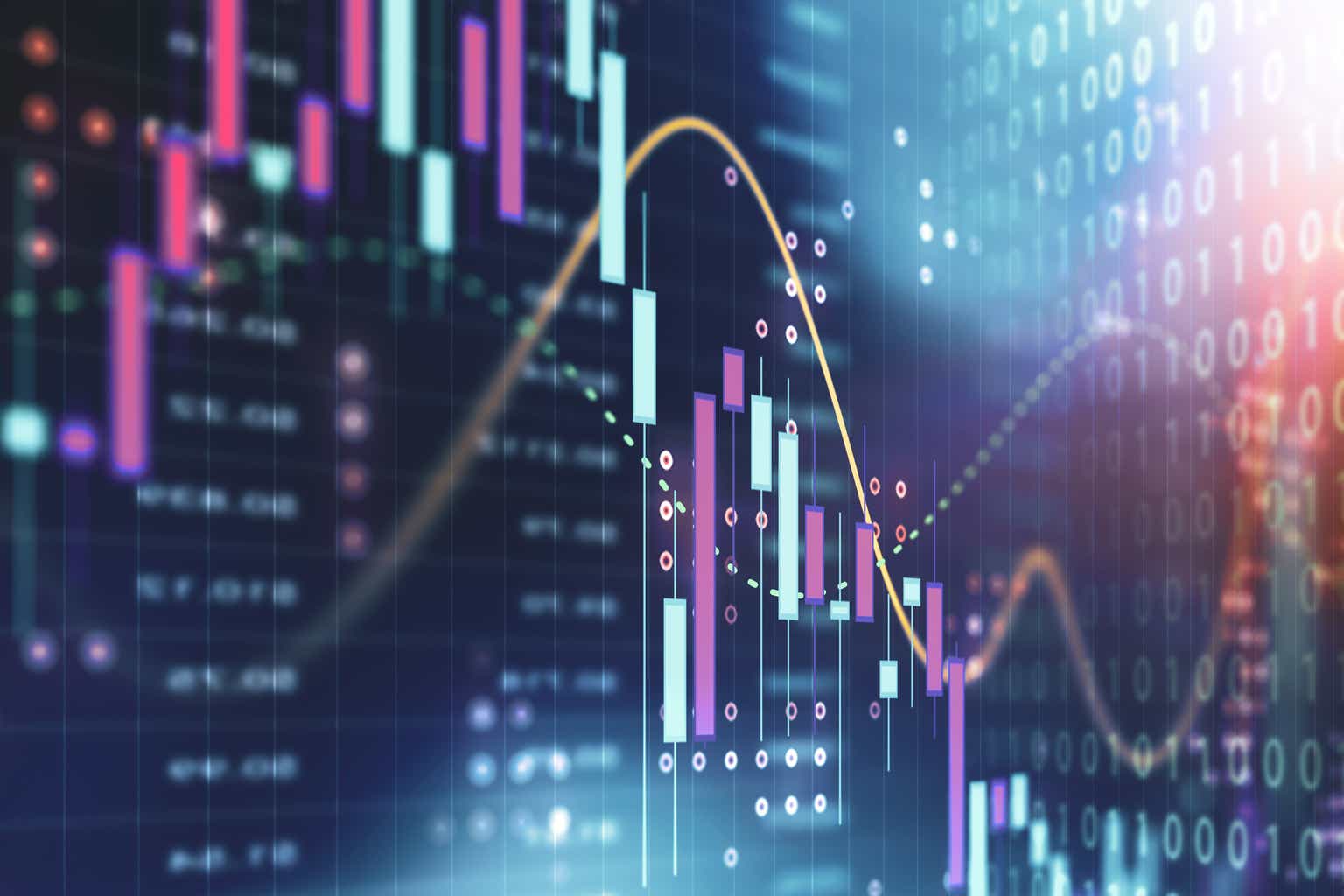
Institutional investors appeared to shrug off the US equities rally in May by boosting their selling of stocks.
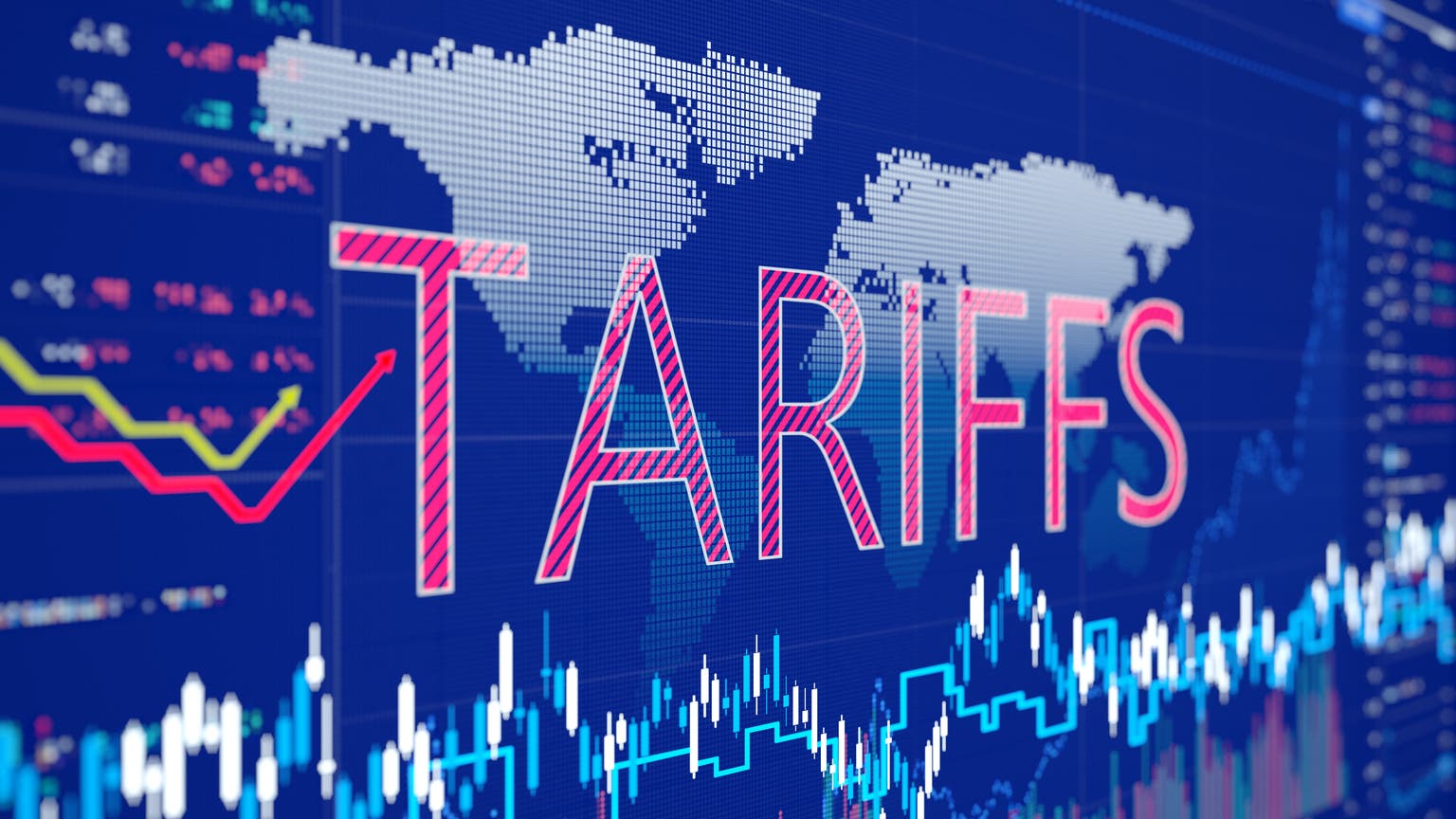
European and Asian equity markets are navigating a complex mix of geopolitical shifts, technological disruption, and evolving investor sentiment.

The broad market exchange-traded fund SPDR S&P 500 ETF Trust (SPY) was up 0.2% and the actively trad

IVVW offers S&P 500 exposure with income from covered calls, but this strategy caps upside in strong bull markets.

Cooler heads prevailed in the Middle East this week, which has put new highs back in play! The MoneyShow Charts of the Day shows weâre only a whisker away from new S&P 500 Index (SPX) highs.

- IVV led inflows on Monday, while assets flowed out of VOO. - GLD and SLV both placed on the top 10 creations list as investors moved to precious metals.

Broad Market Indicators Broad-market exchange-traded funds IWM and IVV rose Tuesday afternoon. Ac

Despite U.S. strikes on Iran, markets remain calm as investors eye S&P 500 ETFs like VOO, SPY and IVV for stability.

While the debt downgrades are a significant event, they do not necessarily signal protracted economic downturns.

If Iran attempts to block oil shipments in the Strait of Hormuz, prices could surge past $100/barrel. That could trigger inflation and undermine chances of getting rate cuts from the US Fed.

The broad market exchange-traded fund SPDR S&P 500 ETF Trust (SPY) was up 0.1% and the actively trad

Changing geopolitical dynamics and rapid innovation in AI are transforming defense investment. Click to read.

The broad market exchange-traded fund SPDR S&P 500 ETF Trust (SPY) was down 0.2% and the actively tr

Markets are showing surprising complacency despite heightened geopolitical risks, stretched valuations, and weakening economic data, increasing the probability of a near-term pullback.

U.S. airstrikes on Iranian nuclear facilities mark a major geopolitical event. Read why markets have shown only a modest, short-term risk-off reaction.

The S&P 500 index dropped just 0.15% from its previous weekâs close to exit the trading week ending on Friday, 20 June 2025 at 5,967.84.

With the 10-year yield trending lower, bonds provide ballast to portfolios and benefit from safe-haven flows. Click to read.

While the broader impact of the US strikes on Iranâs nuclear facilities remains uncertain, markets have so far responded with caution.

Stocks were down last week, but diversified investors benefitted from a rise in commodity prices and a small gain in bonds.

Trump pressures Fed Chair Powell amid talk of leadership changes, with Waller emerging as a top contender. See why heâs viewed as a likely shadow chair to watch.

The market continued to trade in a back-and-forth pattern this week as it consolidated recent gains. Read more here.

The S&P 500 posted its second straight weekly loss, finishing down 0.2% from the previous Friday.

Broad Market Indicators Broad-market exchange-traded funds IWM and IVV declined. Actively traded

The broad market exchange-traded fund, SPDR S&P 500 ETF Trust (SPY), was up 0.2% and the actively tr

The Fedâs dot plot signals stagflation risks, rising unemployment, and policy shifts favoring jobs over inflation. Learn why Fed uncertainty is set to grow.

The AAII bearish sentiment indicator just plummeted to less than 34%. So, even if headlines out of the Middle East get less ominous in the coming days, markets may struggle to get much done.

At its June meeting, the Federal Open Market Committee decided to keep its benchmark policy rate unchanged at 4.25%-4.50% as expected.

US economic growth slows as inflation accelerates, raising recession risks.

Despite holding rates steady for a fourth consecutive meeting, the Fed has already implemented significant easing, with the Fed Funds Rate now 100 basis points below last yearâs peak.

Elevated interest rates relative to the post-GFC years add to the challenge of servicing high debt levels. Read more here.

The Bank of England is not likely to change rates this time, but recent data does confirm our view that markets should be more convinced of an August cut.

We expect the Fed will resume gradual interest rate cuts later this year, depending on U.S. labor market trends.

The Federal Reserve concluded its fourth meeting of the year by keeping the federal funds rate (FFR) at 4.25-4.50%, as expected.

Discover how geopolitical turmoil impacts markets, uncover a potential black swan event, and explore expert insights on current market trends. Click for more.

The Fed holds rates steady, hints at cuts by 2025. Click to explore market impacts, investment strategies, and key risks as inflation and geopolitics shape policy.

Broad Market Indicators Broad-market exchange-traded funds IWM and IVV increased. Actively traded

While the policy interest rate was left unchanged, Fed officials are still suggesting rate cuts are likely this year. Click to read.

The broad market exchange-traded fund SPDR S&P 500 ETF Trust (SPY) was up 0.2% and the actively trad

- State Street’s No. 1 position is being threatened, Bloomberg Intelligence reports. - Trading in BlackRock’s IBIT and IVV is surging, pushing volume higher. - State Street’s SPY this year lost its position as world’s biggest ETF.

The outlook for the S&P 500's dividends in upcoming quarters is little changed since our previous snapshot of the future for the index's cash payouts a month ago.

Concerns about the US economy persist, but if thereâs a slowdown brewing, itâs unlikely to show up in the second quarter GDP report.

European and Asian equity markets are navigating a complex mix of geopolitical shifts, technological disruption, and evolving investor sentiment.

- IVV led inflows on Monday, while assets flowed out of VOO. - GLD and SLV both placed on the top 10 creations list as investors moved to precious metals.

Despite U.S. strikes on Iran, markets remain calm as investors eye S&P 500 ETFs like VOO, SPY and IVV for stability.

SPHQ, VO and VTI topped ETF inflows last week as investors poured $37.7B into funds across equity and fixed-income segments.

S&P 500 nears record highs but faces challenges in 2025 with sideways trends, high valuations, and international markets outperforming.

The Vanguard S&P 500 is a great core holding. For investors looking for more growth and technology stock exposure, the Vanguard Growth ETF, Invesco QQQ Trust, and Vanguard Information Technology ETFs are great options. For investors looking for income, the Schwab U.S. Dividend Equity ETF is a great choice.

- BlackRock is closing 3 ESG mutual funds along with 8 ETFs. - Goldman will shutter 2 funds: GBUY and GSFP. - The closures come as a record number of funds come to market.

The S&P 500 index dropped just 0.15% from its previous weekâs close to exit the trading week ending on Friday, 20 June 2025 at 5,967.84.

Only two Vanguard ETFs have outperformed Buffett's favorite ETF over the long run. Warren Buffett has dropped enough hints to ascertain that his favorite exchange-traded fund (ETF) is the Vanguard S&P 500 ETF (NYSEMKT: VOO). This ETF has been a huge winner historically, but which Vanguard ETFs have beaten Buffett's favorite ETF since inception?

The S&P 500 posted its second straight weekly loss, finishing down 0.2% from the previous Friday.

Style Box ETF report for VOOV

Warren Buffett has always believed in the strength of American companies. Warren Buffett's investing techniques have resulted in big gains for Berkshire Hathaway over the long term and a billion-dollar portfolio. This particular investment is an S&P 500 index fund, such as the Vanguard S&P 500 ETF (NYSEMKT: VOO).
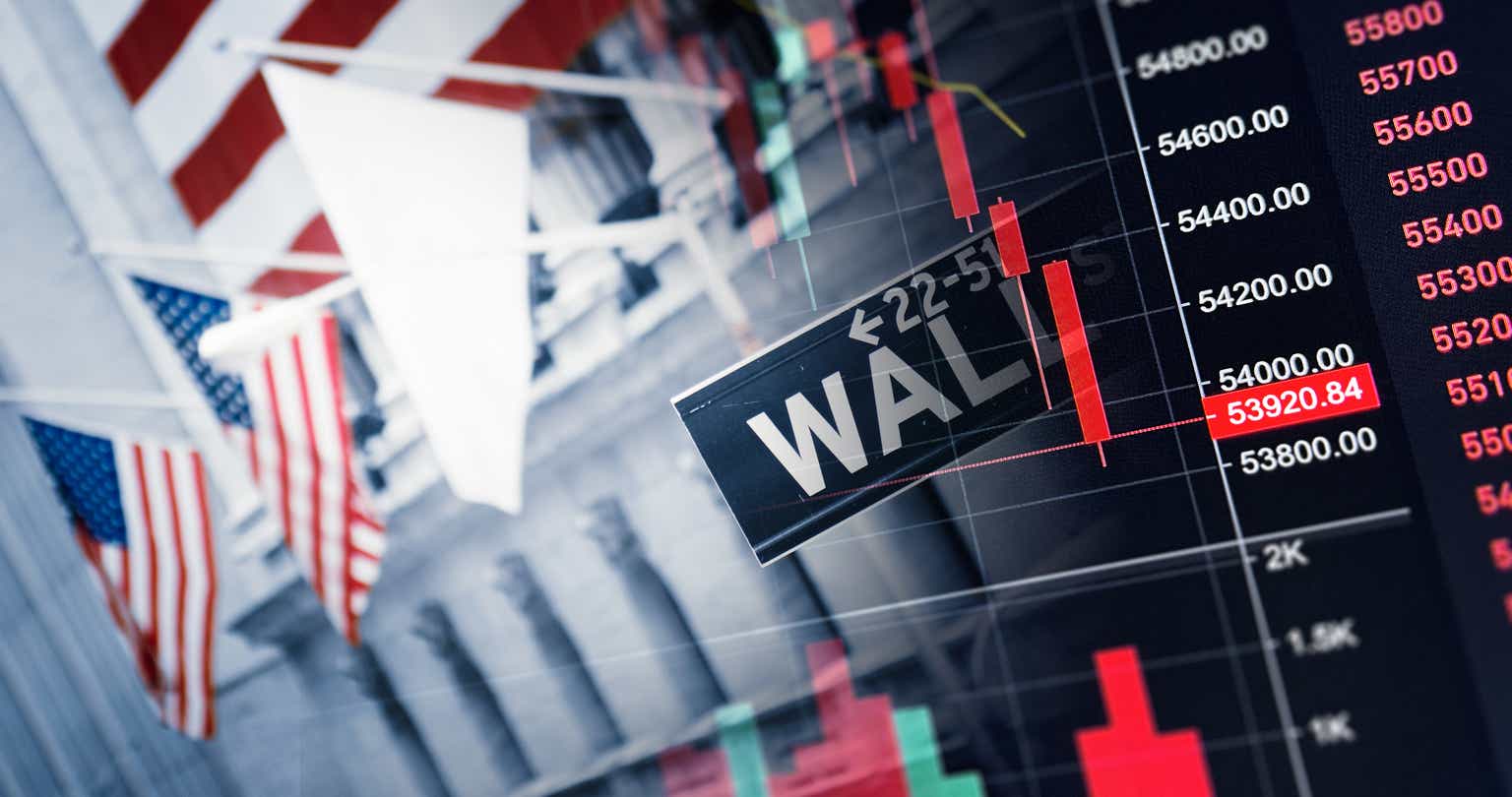
iShares U.S. Thematic Rotation Active ETF, an actively managed ETF, outperformed VOO since inception. Learn more about THRO and my recommendation.

Despite holding rates steady for a fourth consecutive meeting, the Fed has already implemented significant easing, with the Fed Funds Rate now 100 basis points below last yearâs peak.

The outlook for the S&P 500's dividends in upcoming quarters is little changed since our previous snapshot of the future for the index's cash payouts a month ago.

- State Street’s No. 1 position is being threatened, Bloomberg Intelligence reports. - Trading in BlackRock’s IBIT and IVV is surging, pushing volume higher. - State Street’s SPY this year lost its position as world’s biggest ETF.

Despite U.S. strikes on Iran, markets remain calm as investors eye S&P 500 ETFs like VOO, SPY and IVV for stability.

The S&P 500 index dropped just 0.15% from its previous weekâs close to exit the trading week ending on Friday, 20 June 2025 at 5,967.84.

The S&P 500 posted its second straight weekly loss, finishing down 0.2% from the previous Friday.

The outlook for the S&P 500's dividends in upcoming quarters is little changed since our previous snapshot of the future for the index's cash payouts a month ago.

Cooler heads prevailed in the Middle East this week, which has put new highs back in play! The MoneyShow Charts of the Day shows weâre only a whisker away from new S&P 500 Index (SPX) highs.

While the debt downgrades are a significant event, they do not necessarily signal protracted economic downturns.

If Iran attempts to block oil shipments in the Strait of Hormuz, prices could surge past $100/barrel. That could trigger inflation and undermine chances of getting rate cuts from the US Fed.

Changing geopolitical dynamics and rapid innovation in AI are transforming defense investment. Click to read.

Markets are showing surprising complacency despite heightened geopolitical risks, stretched valuations, and weakening economic data, increasing the probability of a near-term pullback.

U.S. airstrikes on Iranian nuclear facilities mark a major geopolitical event. Read why markets have shown only a modest, short-term risk-off reaction.

The S&P 500 index dropped just 0.15% from its previous weekâs close to exit the trading week ending on Friday, 20 June 2025 at 5,967.84.

With the 10-year yield trending lower, bonds provide ballast to portfolios and benefit from safe-haven flows. Click to read.

While the broader impact of the US strikes on Iranâs nuclear facilities remains uncertain, markets have so far responded with caution.

Stocks were down last week, but diversified investors benefitted from a rise in commodity prices and a small gain in bonds.

Trump pressures Fed Chair Powell amid talk of leadership changes, with Waller emerging as a top contender. See why heâs viewed as a likely shadow chair to watch.

The market continued to trade in a back-and-forth pattern this week as it consolidated recent gains. Read more here.

The Fedâs dot plot signals stagflation risks, rising unemployment, and policy shifts favoring jobs over inflation. Learn why Fed uncertainty is set to grow.

The AAII bearish sentiment indicator just plummeted to less than 34%. So, even if headlines out of the Middle East get less ominous in the coming days, markets may struggle to get much done.

At its June meeting, the Federal Open Market Committee decided to keep its benchmark policy rate unchanged at 4.25%-4.50% as expected.

US economic growth slows as inflation accelerates, raising recession risks.

Despite holding rates steady for a fourth consecutive meeting, the Fed has already implemented significant easing, with the Fed Funds Rate now 100 basis points below last yearâs peak.

Elevated interest rates relative to the post-GFC years add to the challenge of servicing high debt levels. Read more here.

The Bank of England is not likely to change rates this time, but recent data does confirm our view that markets should be more convinced of an August cut.

We expect the Fed will resume gradual interest rate cuts later this year, depending on U.S. labor market trends.

The Federal Reserve concluded its fourth meeting of the year by keeping the federal funds rate (FFR) at 4.25-4.50%, as expected.

Discover how geopolitical turmoil impacts markets, uncover a potential black swan event, and explore expert insights on current market trends. Click for more.

The Fed holds rates steady, hints at cuts by 2025. Click to explore market impacts, investment strategies, and key risks as inflation and geopolitics shape policy.

While the policy interest rate was left unchanged, Fed officials are still suggesting rate cuts are likely this year. Click to read.

The outlook for the S&P 500's dividends in upcoming quarters is little changed since our previous snapshot of the future for the index's cash payouts a month ago.

Concerns about the US economy persist, but if thereâs a slowdown brewing, itâs unlikely to show up in the second quarter GDP report.

European and Asian equity markets are navigating a complex mix of geopolitical shifts, technological disruption, and evolving investor sentiment.